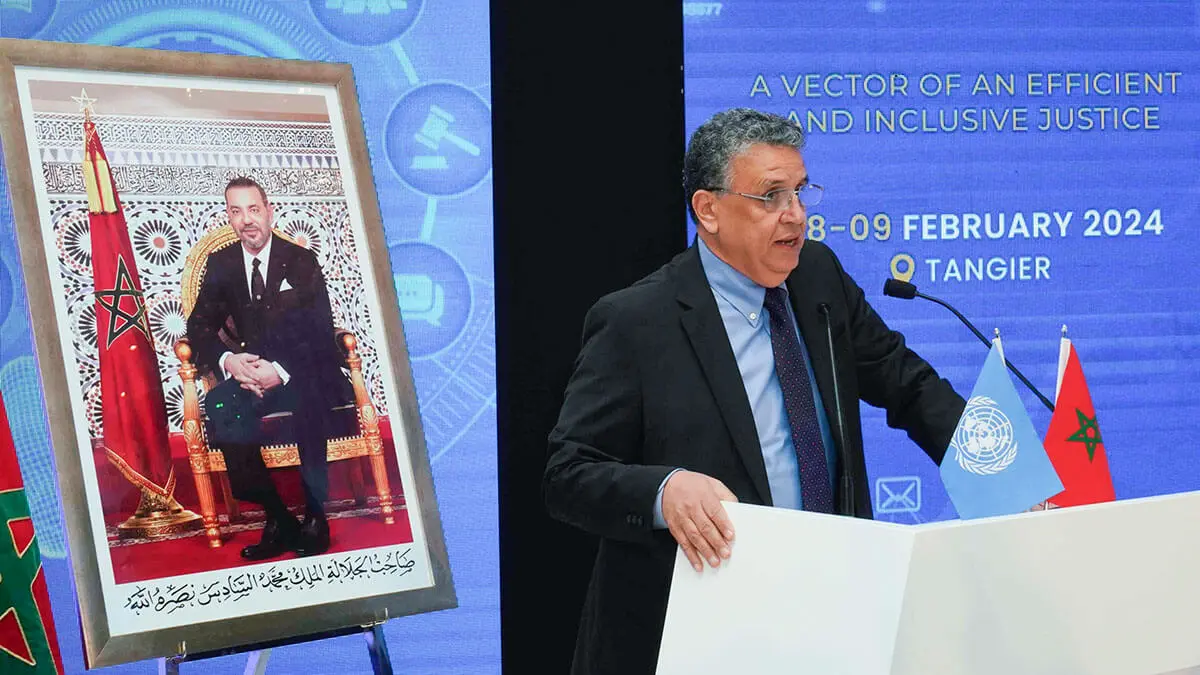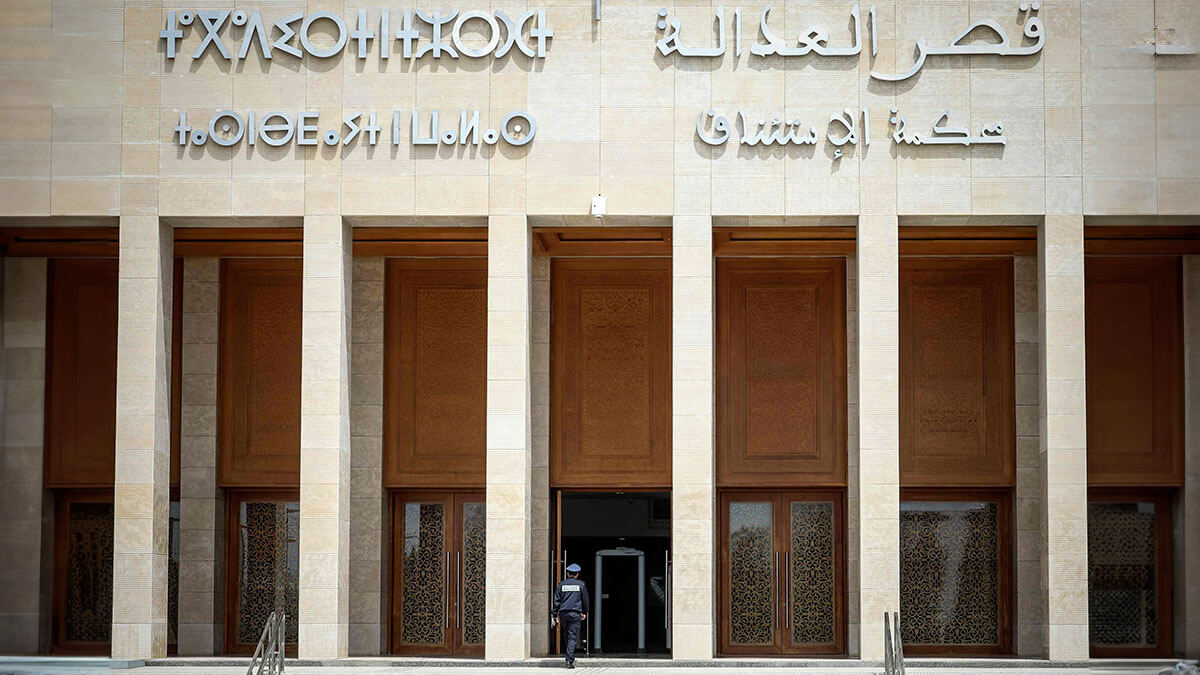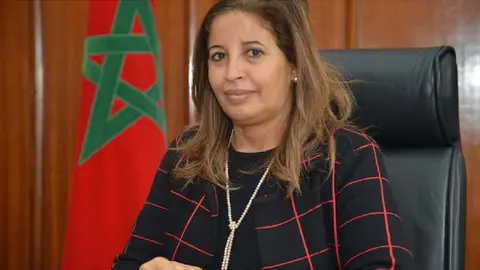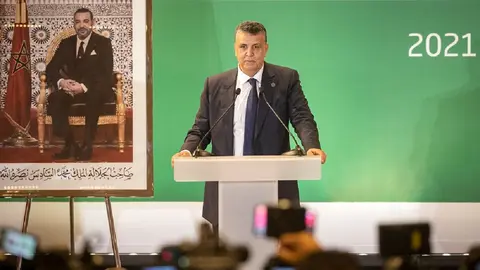Morocco is committed to the digitisation of the judicial sector

The advance of technology is on its way to revolutionising the implementation and transparency within the judicial administration. The proposal of the Moroccan Minister of Justice, Abdellatif Ouahbi, is committed to the implementation of the use of artificial intelligence, which will speed up processes and maximise efficiency in terms of judicial decisions. The Judicial Reform Charter emphasises the importance of introducing modern means of communication to speed up judicial proceedings and shed light on cases.
The minister's proposal is based on six projects: editing judgments by voice, displaying judgments available on information systems, recording and automated transcription of sessions, creating the "Adalah" library, improving the electronic criminal records service and speeding up the processes of obtaining the Moroccan citizenship document remotely.

Among the proposals is the creation of the Adalah library, the most comprehensive legal library in Africa. This new mechanism will serve as a database for the judicial system.
As it is implemented, it will contain all the judgments, legal texts, Constitutional Court rulings, international agreements; which will facilitate the work of the magistrates, taking into account the challenges related to the colloquial dialect and the Amazigh language. The platform will also allow interested persons, their relatives and authorised persons to submit applications electronically.
Another of the most interesting projects is the implementation of an electronic system for the payment of fines, misdemeanours and offences brought before the courts. This will enable individuals to settle their debts quickly and easily without having to appear in court.
In addition, the Department of Justice is working to create a remote communication system that will allow judges and lawyers to interact electronically. This includes the ability to file applications and documents electronically and receive court decisions electronically. The implementation of artificial intelligence in the judicial arena will allow lawyers and judges to more quickly identify patterns and trends in each case, which will reduce the likelihood of errors, even if they still occur.
In addition, the technology will enable the creation of electronic exchange platforms between the different criminal chambers across the country, thus reducing the time for "less important" cases and allowing judges to concentrate all efforts on the most complex and important cases.
Case file management, transparency, data analysis and collaboration between courts in different cities across the country are some of the processes that will also benefit.

The head of government, Aziz Akhannouch, confirmed this with the implementation of the "Digital Morocco 2030" programme. This programme, in the words of the Prime Minister, "will come into force in the coming weeks", so we will have to wait to see how the implementation of this package of measures proposed by the Minister of Justice, Abdellatif Ouahbi, will work.
According to the Prime Minister, political science professor Sharifa Lamoyer confirmed to Al-Arab that "the Justice Minister's call to adopt projects based on artificial intelligence technologies has very important objectives, the first of which is to achieve effective justice, and approaching digitisation in the justice system is an important step that will allow integration into the digital revolution, to meet the challenges it faces".
Judges and lawyers agreed that the digital reform is an important programme for a comprehensive and profound reform of the judicial system in Morocco, in line with the strategic orientations of the new development model, which includes the modernisation of the legislative arsenal and its adaptation.
The profound and important changes that Morocco is undergoing at all levels, in particular the programmes to amend the Code of Civil Procedure, the Code of Criminal Procedure and the legal corpus regulating the application of modern technologies in judicial management in the courts. The Moroccan judiciary is optimistic about the minister's proposal, as it will facilitate and speed up work and greatly reduce possible complaints from citizens and errors in judgments.










